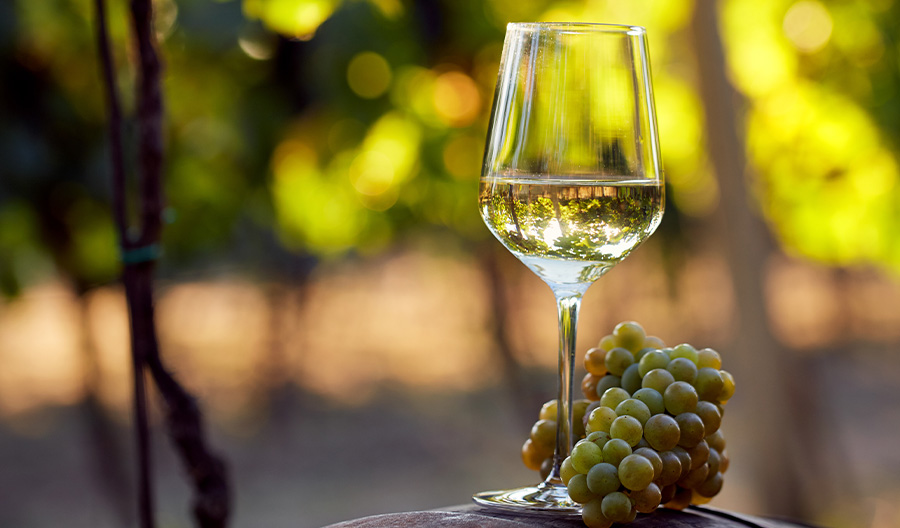We can probably all agree that cool-climate versions, like many white Burgundies, need malolactic conversion (ML) to balance their enamel-shredding acidity—and this is where Chardonnay may shine brightest. But it’s when the volume gets turned up on the ML in other growing conditions (a key factor in that infamous butteriness) that things become controversial.
Butter Booster
In a world that craves unadulterated wines more than ever, denying Chardonnay its natural inclination to undergo malolactic fermentation is an enological faux pas. Why rely on modern technology to change the way this noble grape has been treated since Burgundian monks got a hold of it a millennium ago?
Winemakers can indeed use a cold cellar to block ML at first. But to ensure that it doesn’t spontaneously start in bottled wine, the only safe solution is sterile filtration. There’s nothing inherently wrong with that widespread practice, but it may also remove a wine’s subtle nuances and texture. That’s why so many wineries today pride themselves on producing unfiltered wines. If you do go with wines that haven’t gone through ML, you’re likely to see variation across the vintage, especially when that preventative dose of sulfur dioxide—a short-term antiML solution—wears off.


Chardonnay's potential for screamingly high acidity—especially in cool-climate regions like California’s Central Coast—typically requires the smoother mouthfeel and warmer flavors that come from a bit of lactic acid. Like everything in wine, it’s all about finding that balance, and the absolute denial of one critical and natural tool in the winemaking process is the start of a dangerous journey. If you don’t like ML, you may just not like Chardonnay.
Zero-ML Militant
The acidity in Chardonnay provides that pleasing mouthwatering effect and unlike other, more simple white varietals, the complexities of Chardonnay stand strong on their own without needing to soften, or transform, the flavor profile. A well-made Chardonnay is as much about the clean and laser-focused green fruits as it is about mouthfeel and texture.
Chards that forego ML also have more terroir-driven notes that can be covered or transformed by the ML process. It allows the wine to exude the charm and intricacies of the region, and even the specific vineyard, in which the fruit was grown and harvested. Not only can these wines be more ageable than their ML counterparts.

